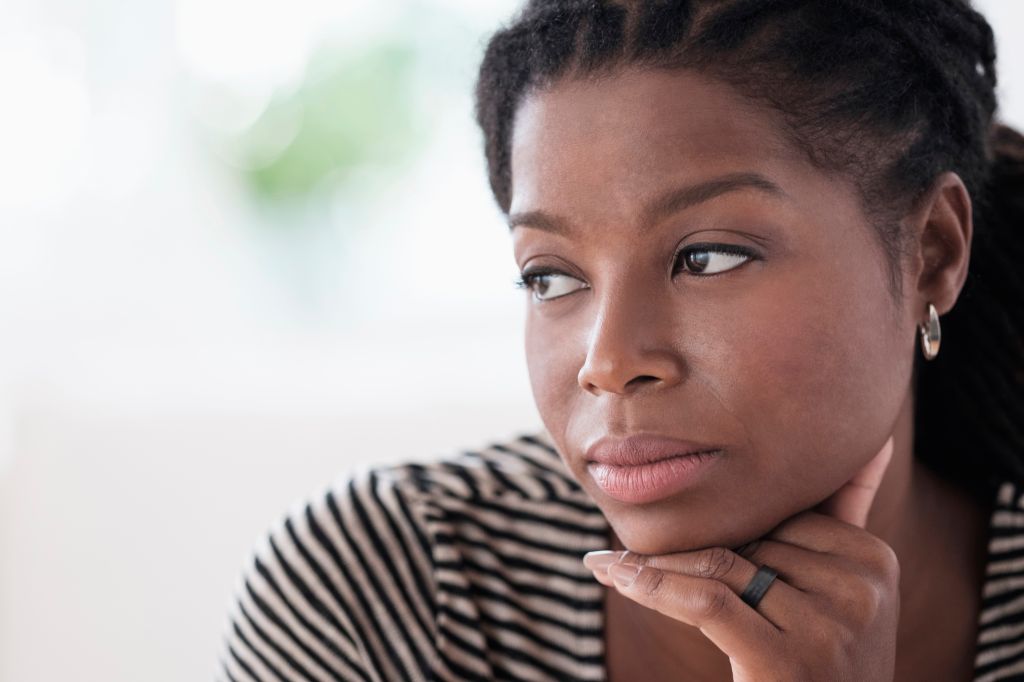Black Unemployment Hits Highest Level Since 2021

From July to August, the unemployment rate for Black workers increased from 7.2% to 7.5% — the highest it’s been since October 2021. Even as 260,000 Black workers found jobs during that time, the numbers show the job market is still uneven.
The situation is even tougher for young Black workers. Their unemployment rate jumped from 14.3% to 16.8%, while the overall rate for all young workers slightly improved, dropping to 10.7%. Black women saw their unemployment rate rise to 7.5%, the highest in five years, while Black men’s rate decreased slightly from 7.7% to 7.6%.
Overall, Black workers face higher unemployment than every other racial group: 7.5% compared to 4.3% for all workers, 3.7% for White workers, 5.3% for Hispanic workers, and 3.6% for Asian workers. Analysts point to job cuts in manufacturing and hospitality as a major reason for these disparities.
Experts are speaking out about what these numbers mean. Dr. Gabrielle Smith Finnie told NBC BLK and Slate Magazine that the high unemployment rate represents “a loss of the wealth of knowledge, of innovation, of skills that Black women contribute every day.” She also noted that the rise of AI in entry-level positions makes it harder for Black workers to enter or re-enter the workforce.
Jessica Fulton, Senior Fellow at the Joint Center, appeared on CNN saying Black unemployment has been “consistently shooting up” and that Black workers often act as a “canary in the coal mines” for the broader labor market. She added that during economic downturns, Black workers are often the first to lose their jobs, which may explain why unemployment has spiked even as the overall economy lost jobs for the first time since June 2025.